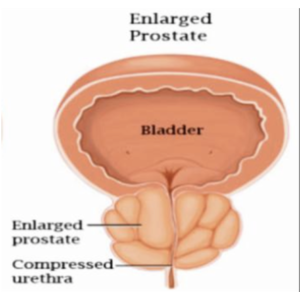Alfa Clinic is one of the leading provider of prostate care, offering comprehensive evaluation and treatment for a range of prostate problems.
Dr. Ali Poonavala specializes in the diagnosis and treatment of prostate problems, including BPH, prostatitis, and prostate cancer. We use state-of-the-art diagnostic tools, such as digital rectal exams, prostate-specific antigen (PSA) tests, and imaging tests, to accurately diagnose prostate problems.
We offer a range of treatment options for prostate problems, including medications, minimally invasive procedures, and surgery, depending on the severity of the condition. Our team takes a personalized approach to care, working closely with patients to develop individualized treatment plans that meet their unique needs and goals.


